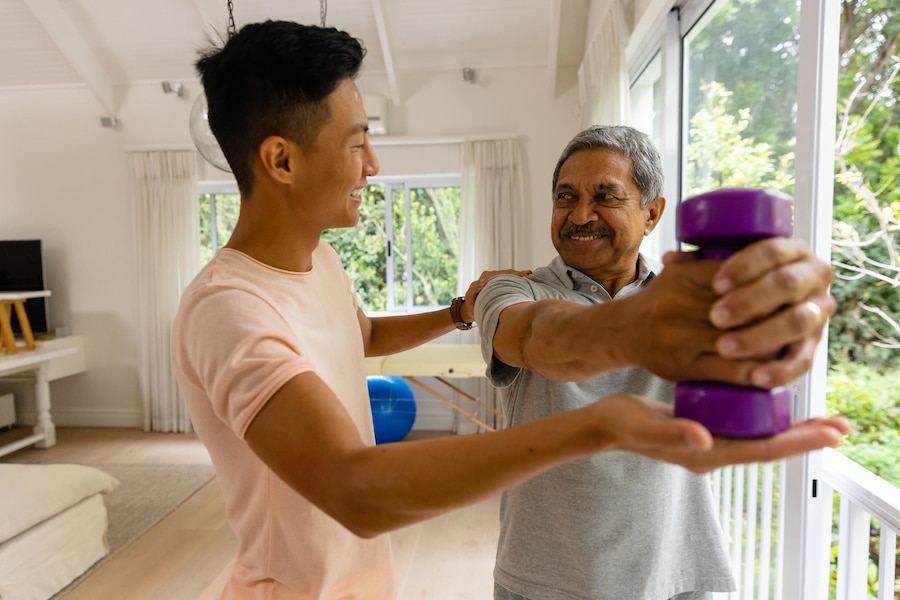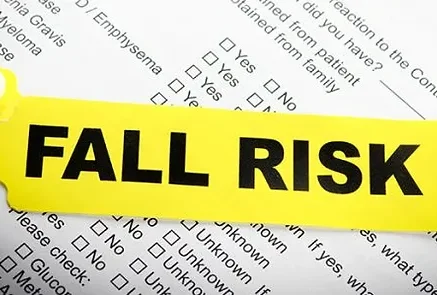A list of practical suggestions to be prepared, when you, or a loved one, is still in the early stages of dementia
First things first. Dementia is not part of the normal ageing process. It is an overall term that describes a group of symptoms associated with a decline in memory or other thinking skills, severe enough to reduce a person’s ability to perform everyday activities. Moreover, dementia doesn’t always mean memory loss either. Changes in behaviour and fluctuating moods can be an indicator of dementia.
However, what we must recognise is that a diagnosis of dementia itself doesn’t mean that you are not able to make decisions any more, even though progressive dementia can lead to such situations in the future. So let’s take a look at the different practical ways to plan ahead.
Adjust your finances

If you have just been diagnosed with dementia, you may want to open a joint account, and add your spouse or a trusted family member to keep your money safe. It is better to have just one account for ease of operating. Keep a checklist of all utility bills to be paid and, if possible, make the payment auto-credit. Update the nominee information in all bank accounts, mutual funds and insurance documents, and finally, appoint an enduring power of attorney to manage your funds and investments ahead.
Don’t ignore your health

Having dementia doesn’t mean that other diseases don’t matter any more — consult your physician on a regular basis and keep your blood work up-to-date. Talk to him about medications that help in the early stages of dementia to slow its progression.
Keep an organised file of your medical history handy, including records, insurance details and medications list. Your brain should be healthy and active. For this, you need to engage in social conversations, go on regular walks, learn new things and engage in your hobbies.
Tap the app

Calendars, reminders and alerts are available on smartphones to make sure you don’t miss a medication or an important day. Use technology to make your life easier. GPS trackers are now enabled in almost all safety devices to track your whereabouts. Medication alert apps such as Dose Direct, MyMeds and Medisafe Medication Reminder help with compliance in taking medicines on time.
Make a will

In case you haven’t prepared a will yet, this is the time to do so; update it, if needed. If you are concerned about memory loss, acknowledge the issue and obtain legal advice. Appoint a health proxy and authorise someone who understands you to handle health decisions. Share with this person what your choices will be in future. The health proxy can be a family member, friend, legal representative or even your primary physician.
You can also create a living will — these are health choices that can be made much before you encounter medical problems. For example, inability to eat is one of the features of late-stage dementia. Whether you would like to be fed through tubes or intravenous fluids is your choice. Create a list of medical treatments and procedures that you are willing to undergo. More importantly, list the treatments you don’t want to undergo.
Make your home, your space
Decide where you want to spend the rest of your life. Changing your home environment in the middle and late stages of dementia can worsen memory impairment. Once this is done, keep the things you own organised: documents into easy removable and clearly labelled folders, daily usable things in easy-to-find places. Keep a checklist of things you need to do on a daily, weekly and monthly basis, and have someone go through it regularly.

Finally, make sure you discuss dementia with your family members in order to sensitise and prepare them to accept and address some of the behavioural and personality changes that can happen as dementia advances.
Author Dr Rahul Padmanabhan is a consultant in Geriatrics and Gerontology. He has special interest in Dementia Care. He is currently the medical director of Dr Rahul’s Elder Care clinics and Kalyani Memory Home– A dedicated Alzheimer’s and Dementia Rehabilitation facility in Coimbatore.



